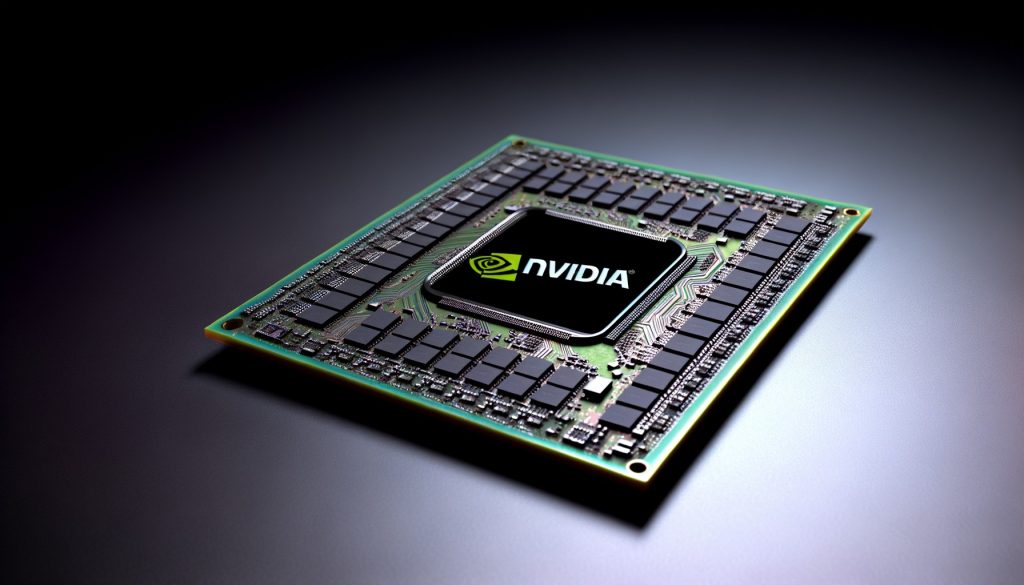17. September 2025
Admin
China Orders Firms to Halt Purchases of Nvidia AI Chips

China’s Cyberspace Administration (CAC) has instructed its major technology firms, including Alibaba and ByteDance, to stop buying Nvidia’s AI chips — specifically the RTX Pro 6000D — and to cancel existing orders. The move is part of a broader push to reduce dependence on U.S. technology.
Quick Insight: This directive signals a deepening tech cold-front: China not only enforcing export restrictions but pushing domestic firms to adopt homegrown alternatives.
1. What Exactly Was Ordered
The CAC told tech giants to stop new purchases and cancel current orders of Nvidia’s RTX Pro 6000D chips. It similarly asked firms to halt testing of these chips.
2. Why This Direction?
The order appears motivated by China’s desire to reduce reliance on U.S.-made advanced hardware, especially amid trade tensions. Previous restrictions had targeted the H20 chip; this is a more stringent measure.
3. Weak Demand for the RTX Pro 6000D
Even before the CAC directive, demand for the RTX Pro 6000D was reportedly lukewarm. Some firms had started testing, but many held back orders after the regulator’s intervention.
4. Implications for Nvidia & Chinese Tech Firms
For Nvidia, this means potential loss of an important market and disruption to expected orders. For Chinese tech companies, it’s a nudge towards adopting domestically developed AI chips or alternatives. It also increases the regulatory risk around tech procurement and hardware decisions.
Final Thoughts
This development underscores how geopolitics and trade policy are now deeply entwined with technology R&D and procurement decisions. China's move could accelerate its semiconductor self-sufficiency push.
For global tech watchers and investors, it’s a signal to monitor supply chains, export policy, and how firms adapt: either shifting to local chipmakers or finding workarounds.
Tip: When tech regulations change — especially regarding chip exports and procurement — the most affected are often firms using foreign-hardware reliant platforms. Keeping abreast of both capitals’ tech policies is crucial.
